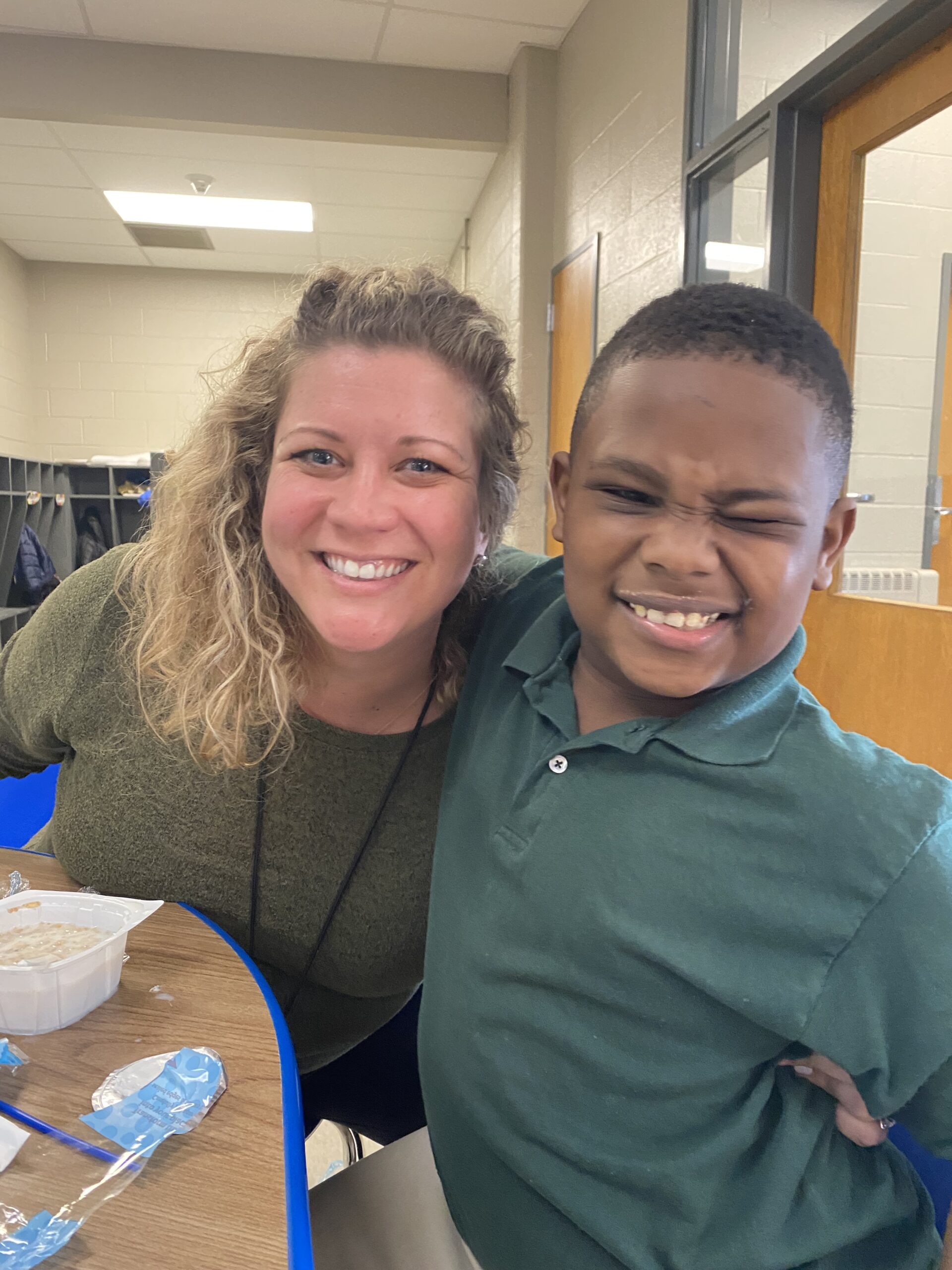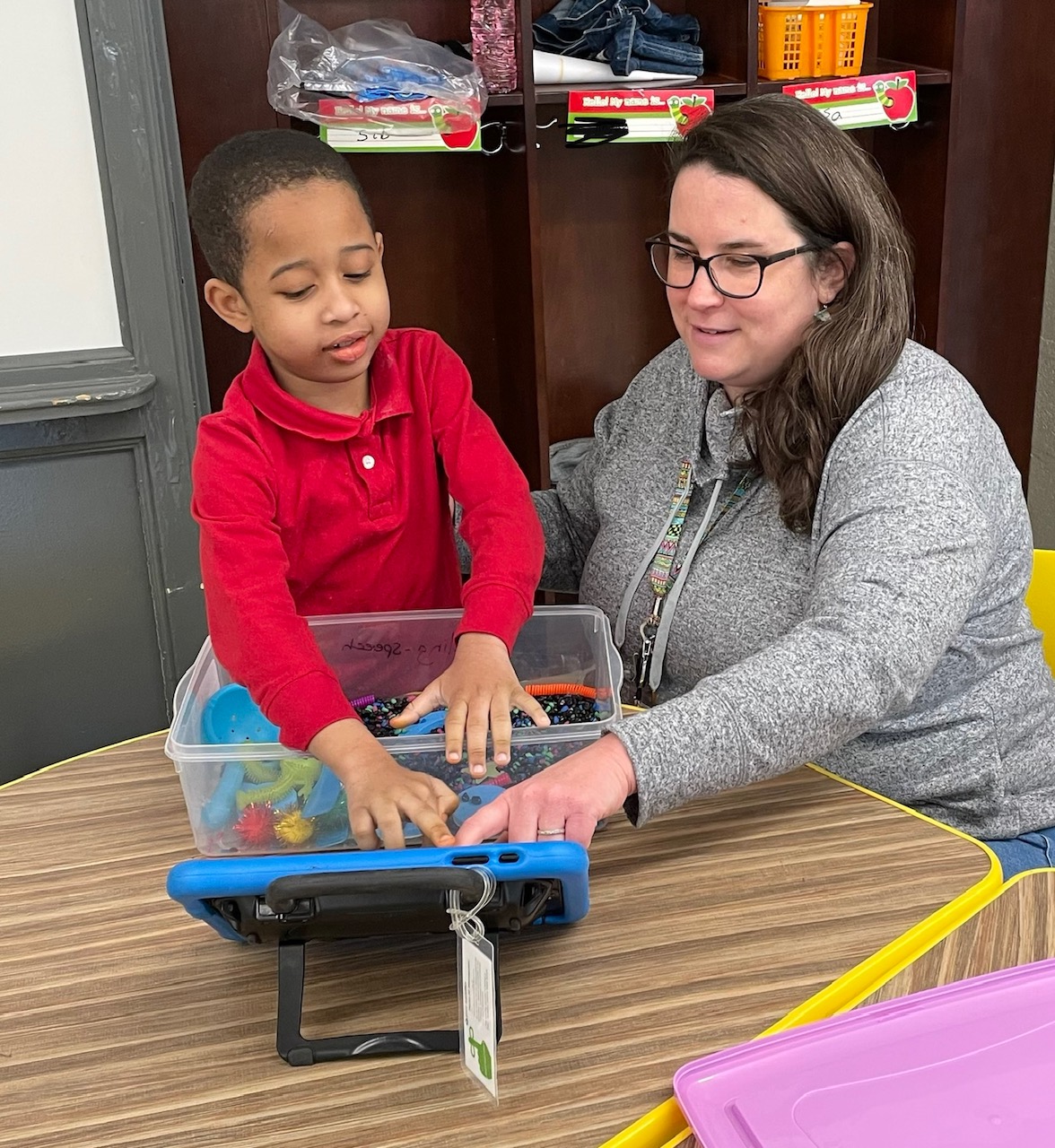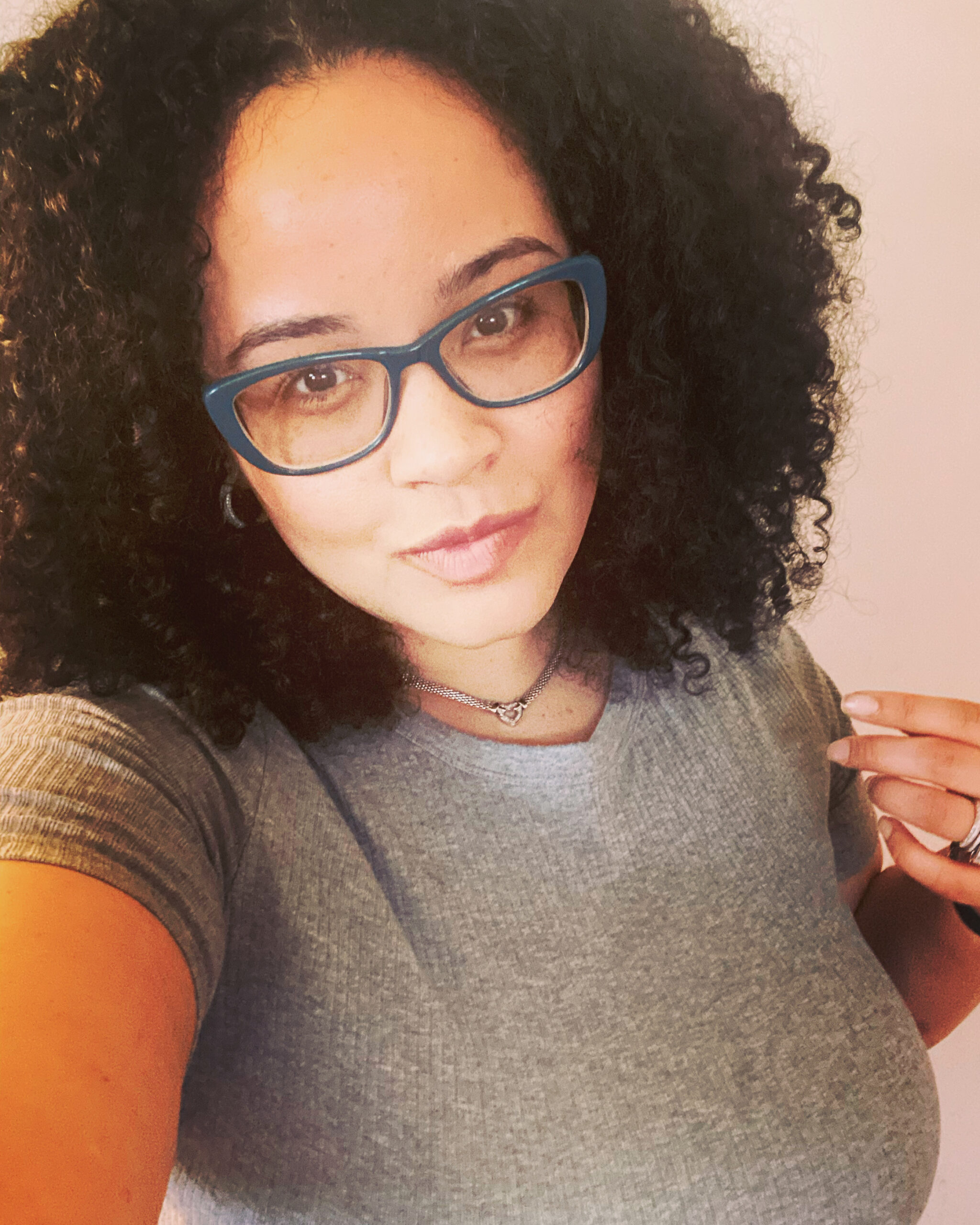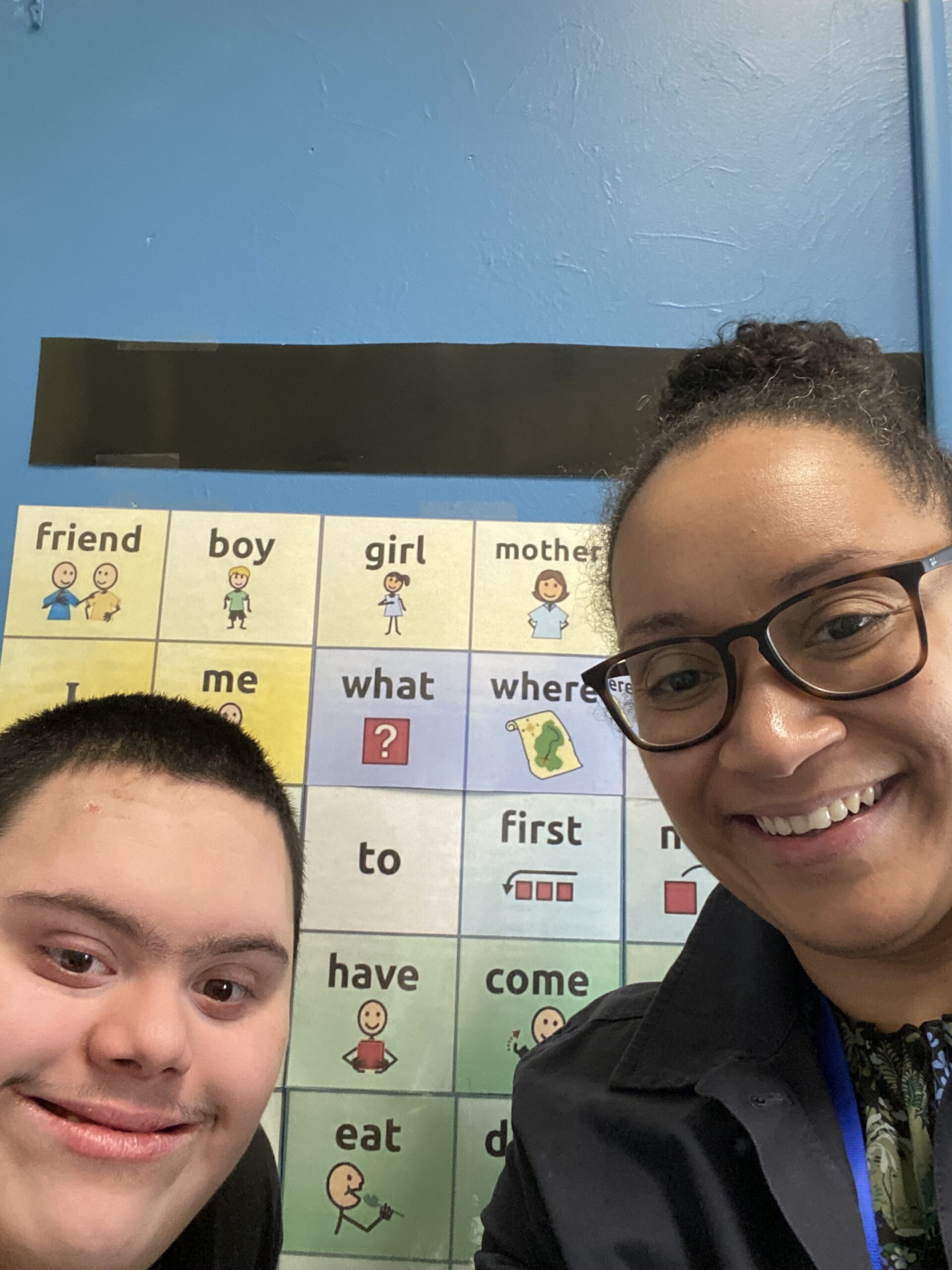 Kari Armideo
Kari Armideo
Why did you decide to become a Speech-Language Pathologist?
I originally was in school to become an early elementary teacher, but, during the summer, I had two jobs that opened my eyes to new possibilities. The first was working in a long-term care facility and the other was working with an autistic child who went to speech therapy. Working with the young child presented the opportunity to learn what the job of a speech-language pathologist entailed. I was very interested. While working in the long-term care facility, I realized that I enjoyed working with people of all ages! After researching the work of a speech-language pathologist, I changed colleges and switched majors to begin to study the field of Speech-Language Pathology. It seemed like the best job. I could see so many opportunities to work with people of all ages with so many specialties in the areas of speech, language, and communication.
How did you end up as an SLP at SDP?
I moved to Philadelphia 4 years ago. Prior to moving here, I worked in Cincinnati Public Schools, which was another larger urban school district. I knew I wanted to work in another urban district that challenged me, but also presented many opportunities o challenge myself and work in fulfilling situations. So, over my spring break, I traveled here to interview for the next year!
What is the best part about being a SLP?
It is difficult to just pick one thing. Hearing from parents and colleagues about students’ successes is probably the most satisfying and fulfilling thing about my job. When I hear that a child did something independently or was able to ask for something shows the strength and determination of the child to take what I teach them and succeed. In my position, I get to work with many people and support them with their communication skills which I see as one of the most important life skills.
How do you feel SLPs improve the lives of their students?
And, share what it means to you when you see the progress and success of your students. Communication is one of the most important skills we have as human beings. Everyone has the right to be heard and as SLPs, we get to work with students primarily to improve that! Whether it be working with a student to improve speech sounds so that they may be more intelligible to communication partners, working with a student who communicates using augmentative and alternative communication devices or building confidence in someone who stutters so that they can communicate in different environments are all ways that SLP’s improve the lives of those with whom we work. We get to support students to build their speech and language skills to improve their overall communication skills and access the school curriculum.
What is something you think everyone should know about SLPs?
That SLPs do more than work on fixing lisps or work on /l / and /r/. I think everyone should know what we can bring to the table as part of a team. We are able to assist with social skills, vocabulary development, formulating thoughts (written, verbal, using communication devices), and comprehension of language while also working on speech sounds. Everyone should know the tools we can give to a school team to help all students learn.
Tell us about any current unique programs or initiatives you have created or worked on to support students?
Khaiden uses a speech generating device to communicate throughout the day. He communicates across his school environments using his SGD with a variety of people. It’s so rewarding to hear from people like our climate manager or the cafeteria staff that he uses his device to ask for help or request certain food. Khaiden has mastered the ability to communicate his wants effectively. He can confidently let anyone know he wants something! My role now is to support him, his teacher, and his family to use his device to communicate for other purposes. Khaiden is beginning to participate in games with his peers, asking them if they would like to play games and taking turns. He is using his device to participate more during academic work and circle time, and is making comments throughout the day. He never leaves the room without his device. Khaiden is also beginning to verbally communicate more as he uses his device! Therefore, we continue to support all forms of communication.
I am very lucky to work with an amazing team of people who are willing to collaborate, ask questions, make suggestions and do what is best for our students. It makes my job so much more rewarding and fun. The fact that everyone is unified for one common goal, the success of the students, is what I wake up for each day!


 Kim Behling
Kim Behling Lourdes Pride
Lourdes Pride Kerry Adams
Kerry Adams